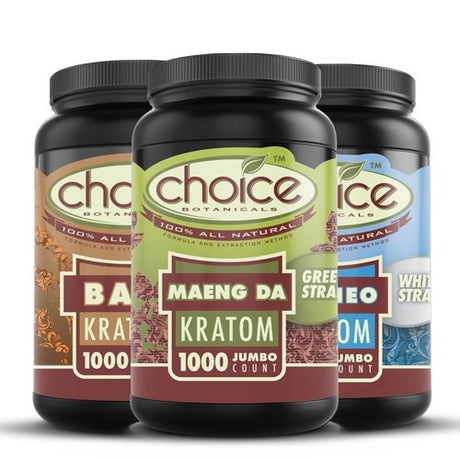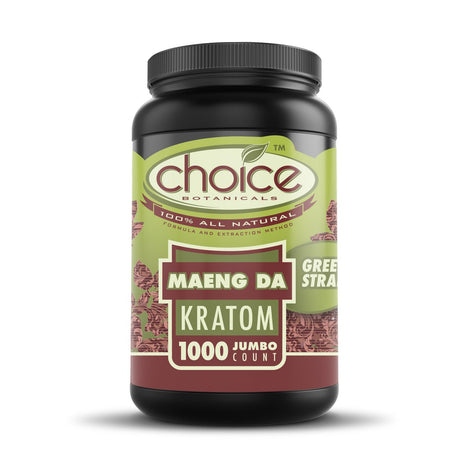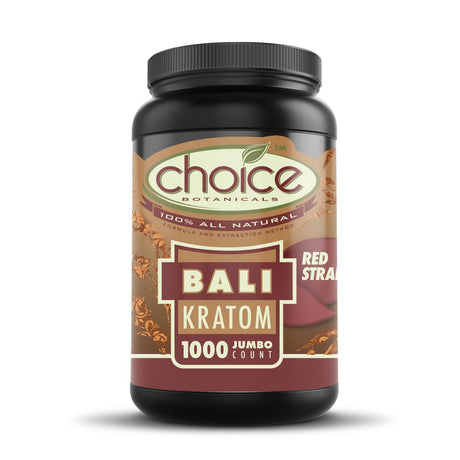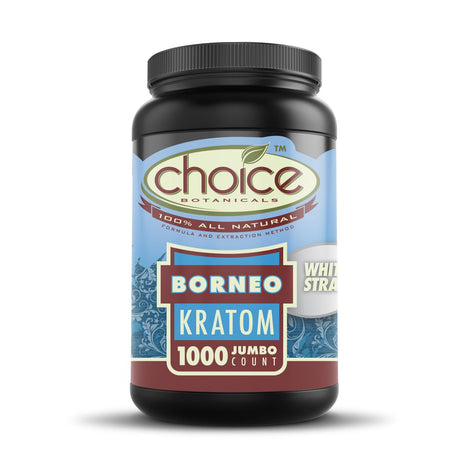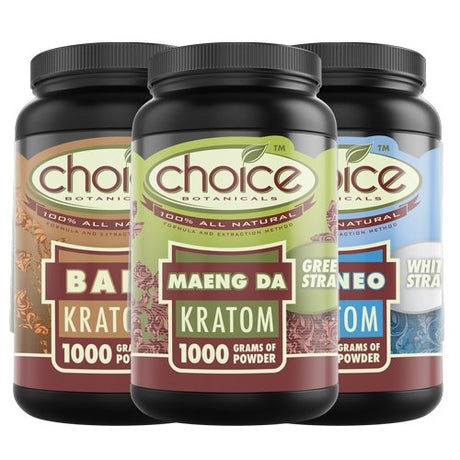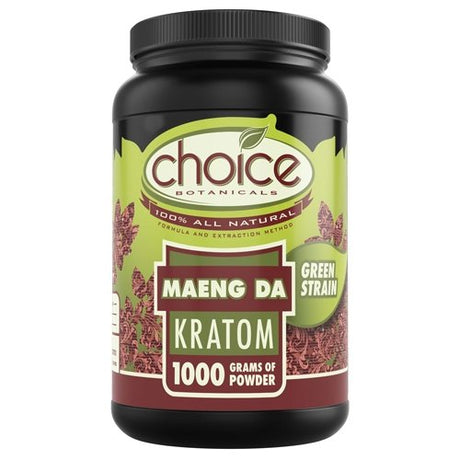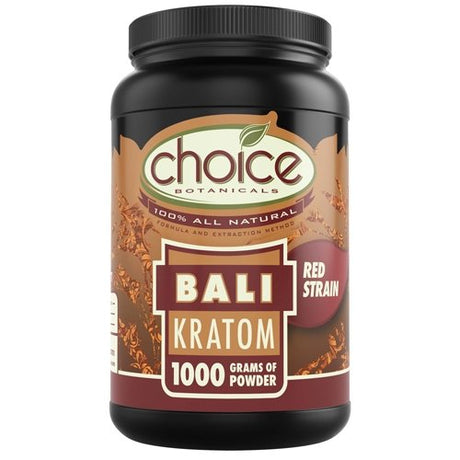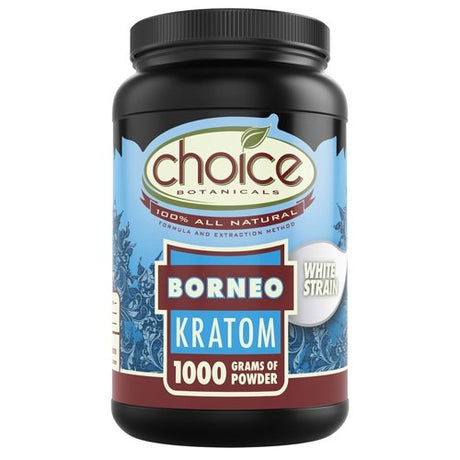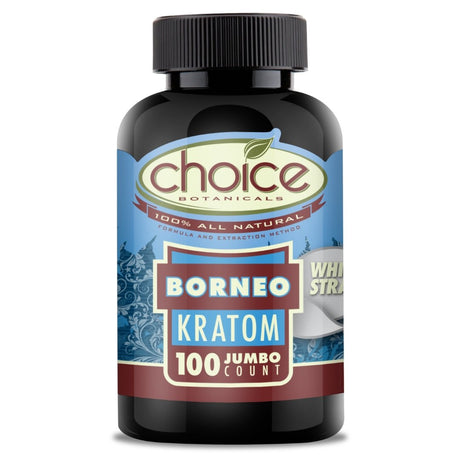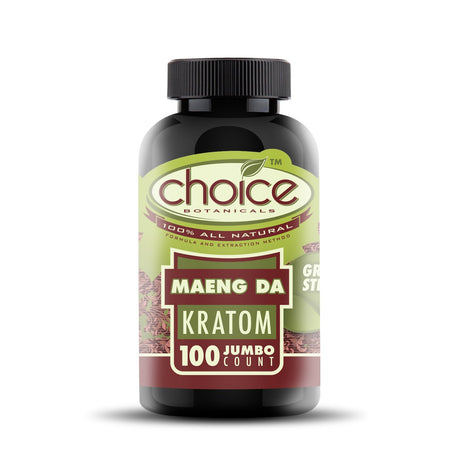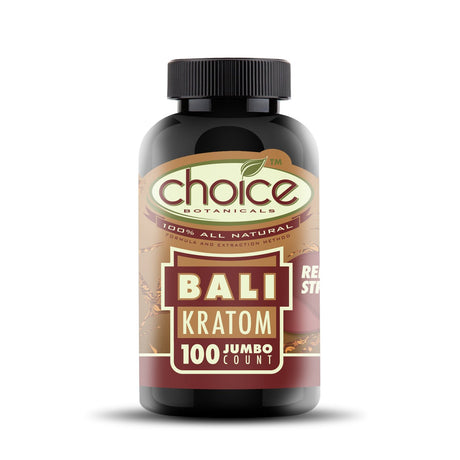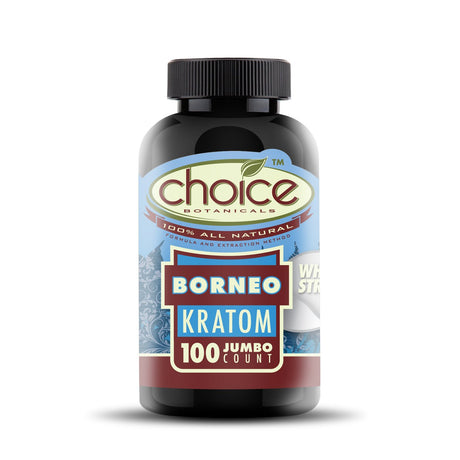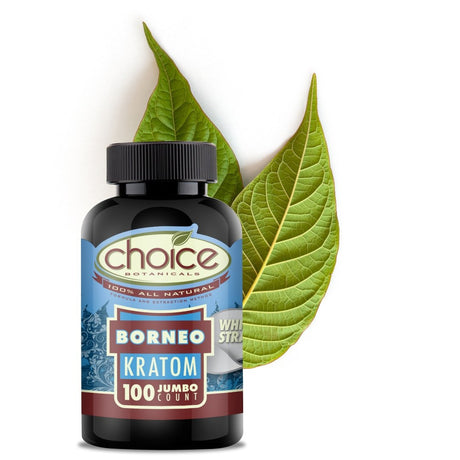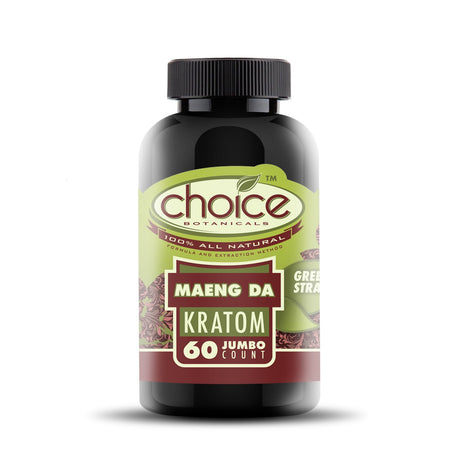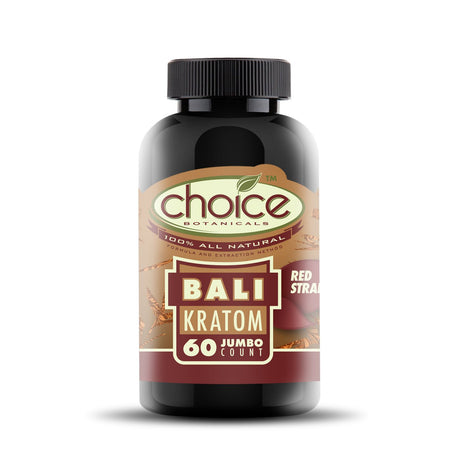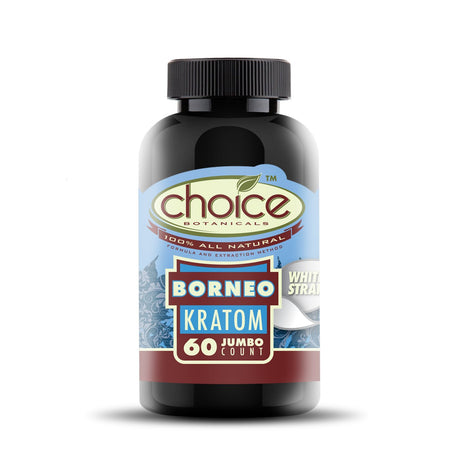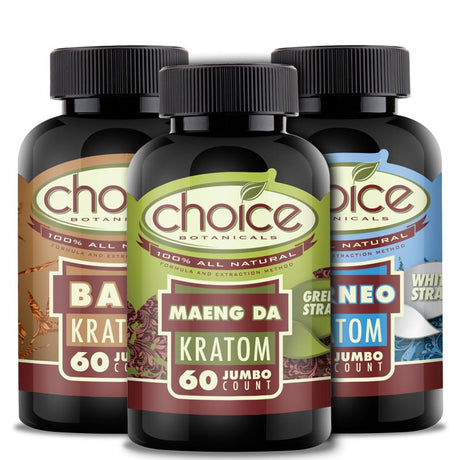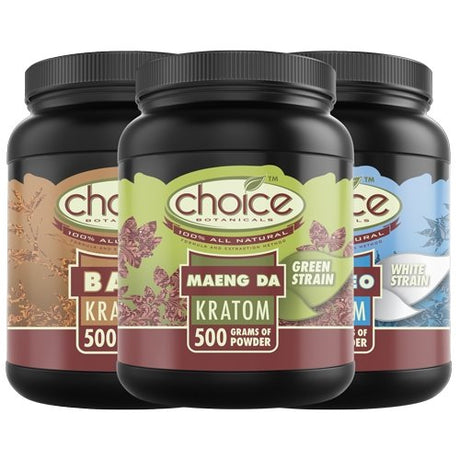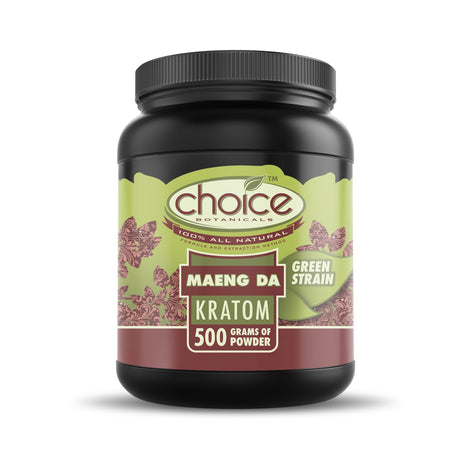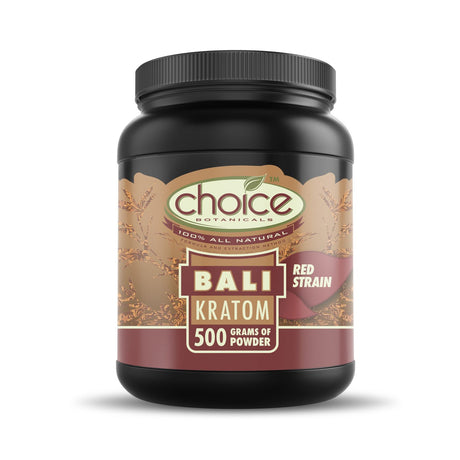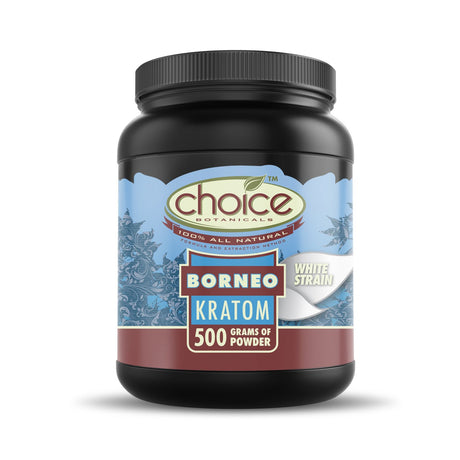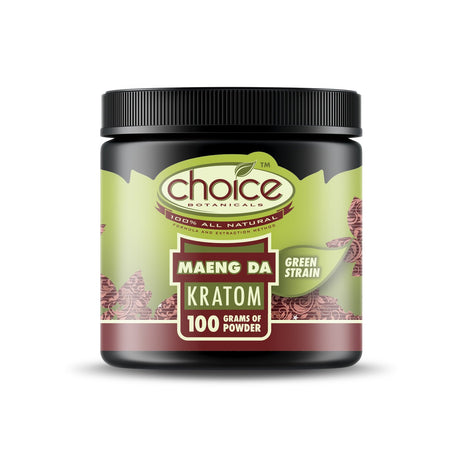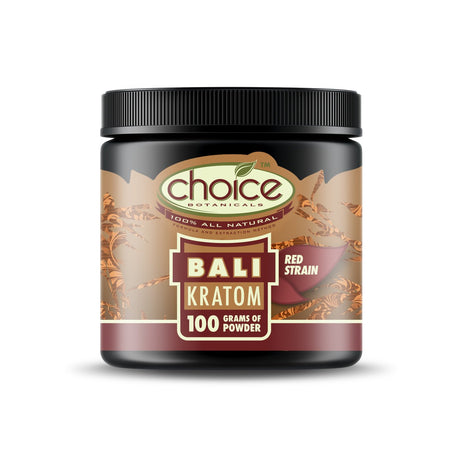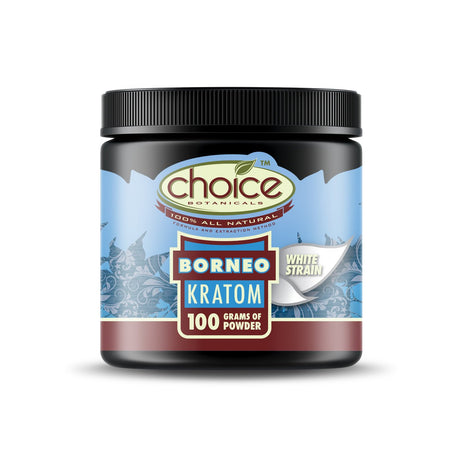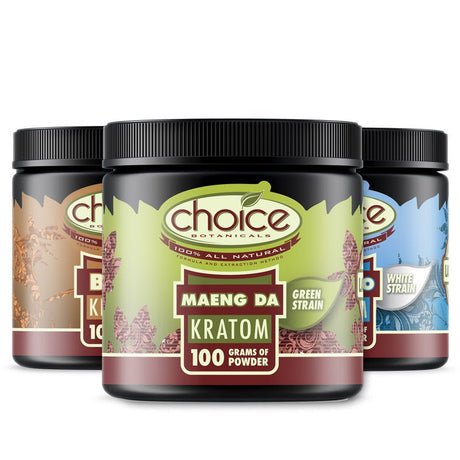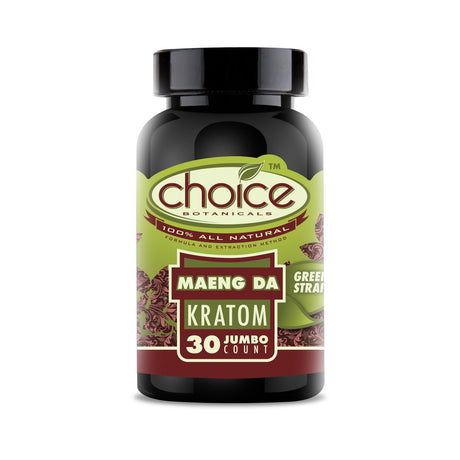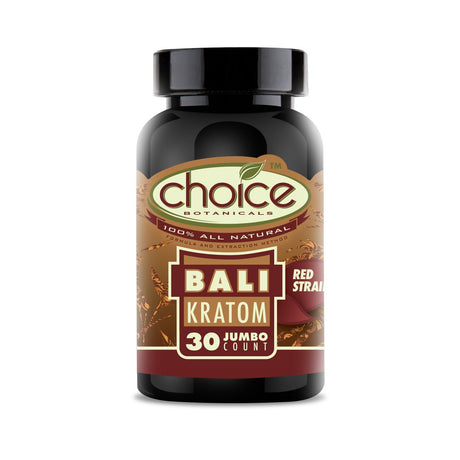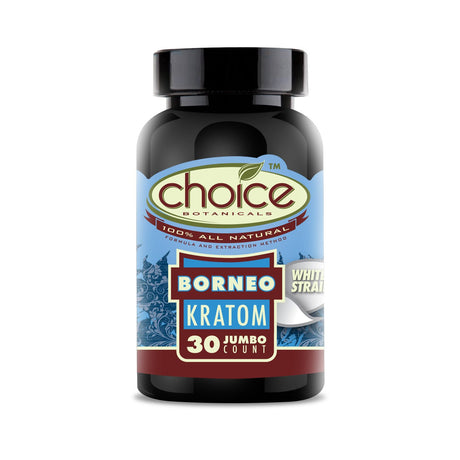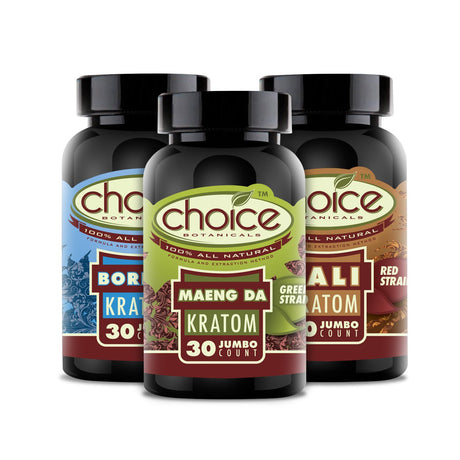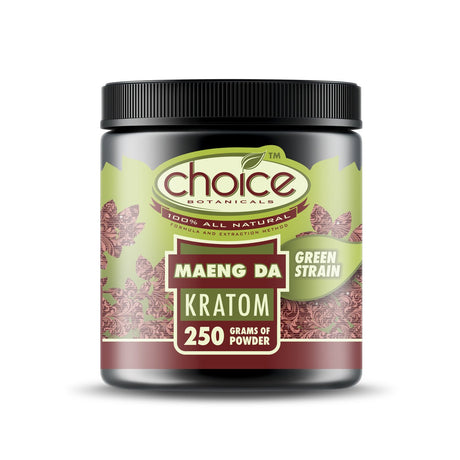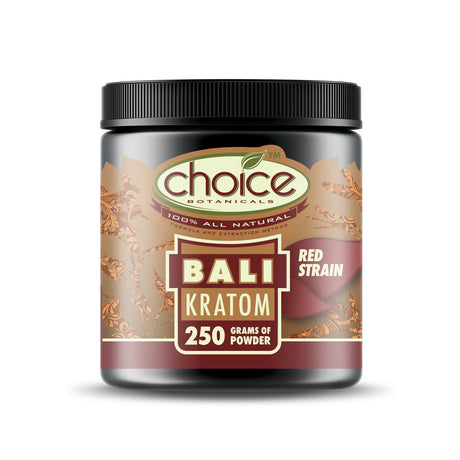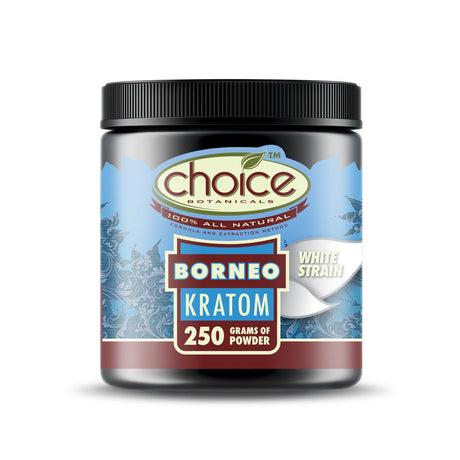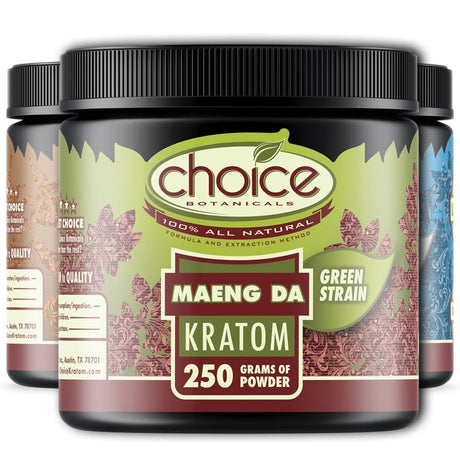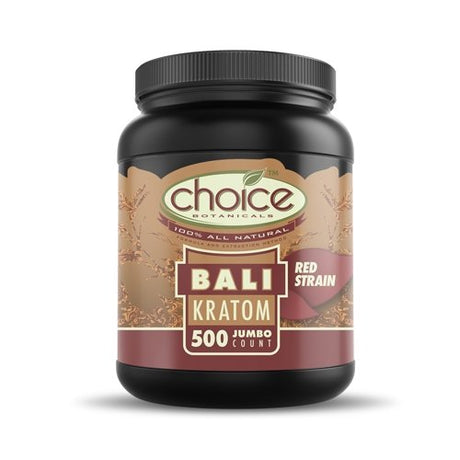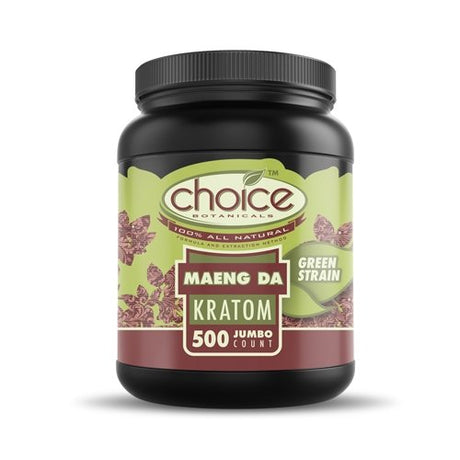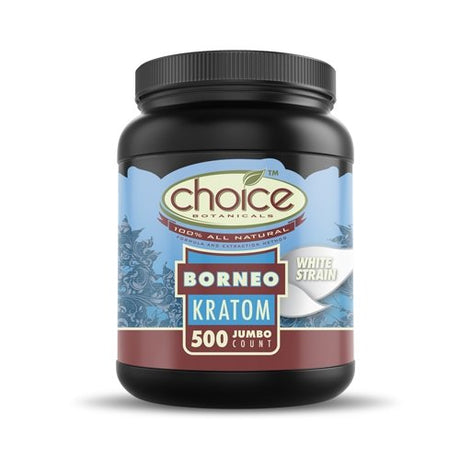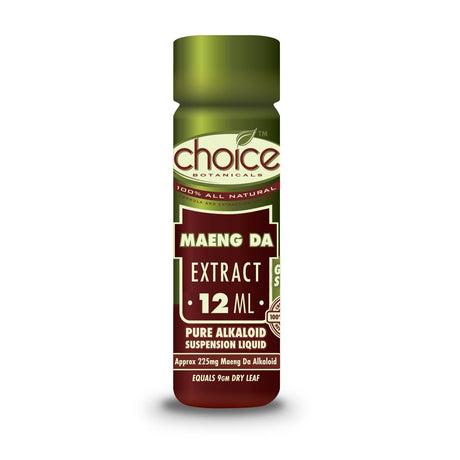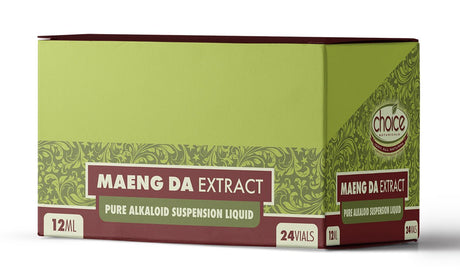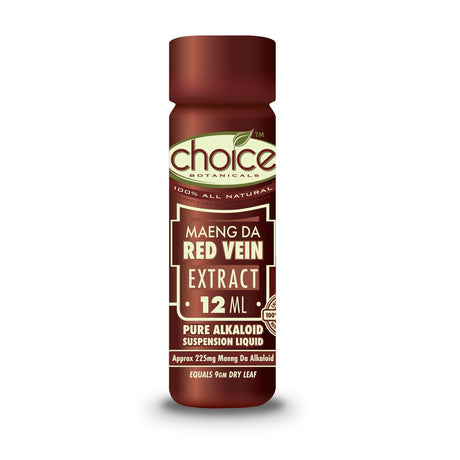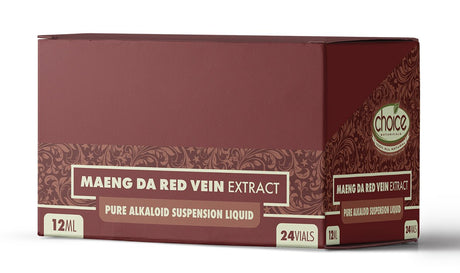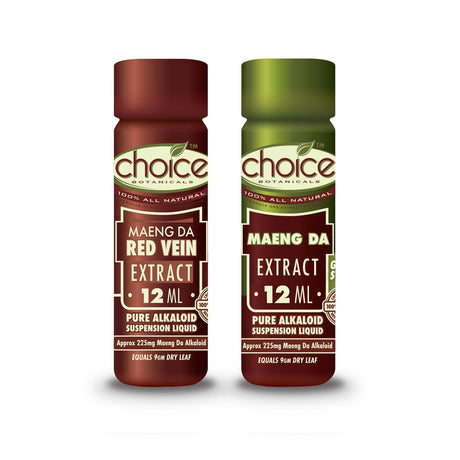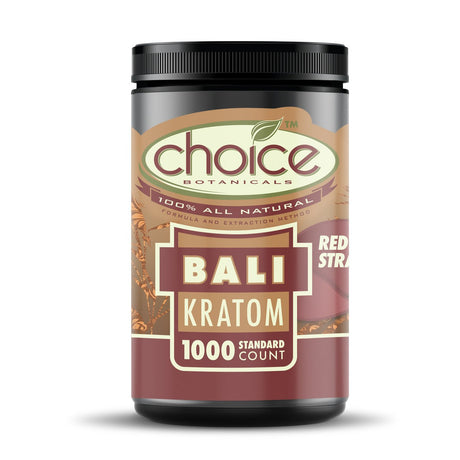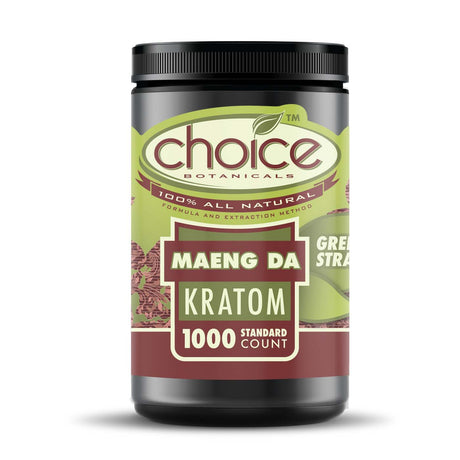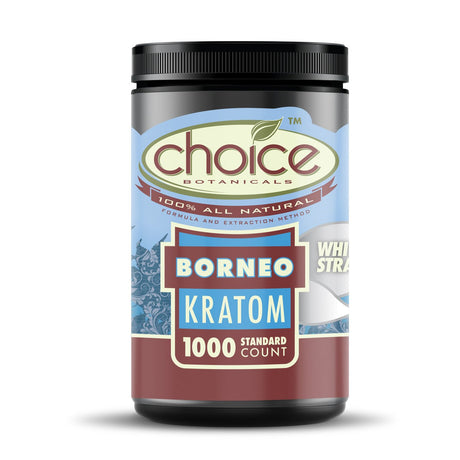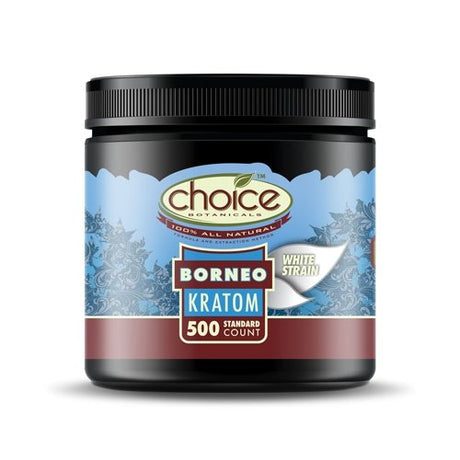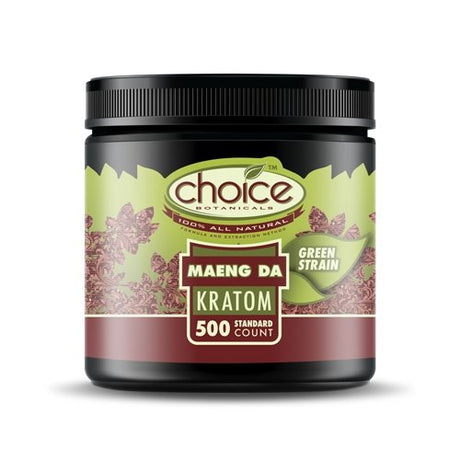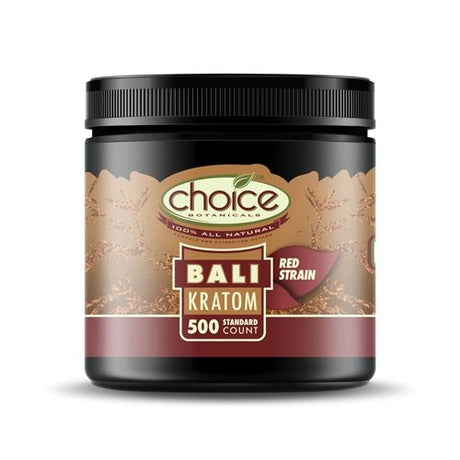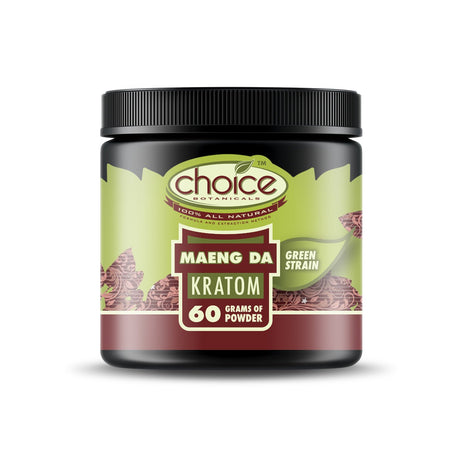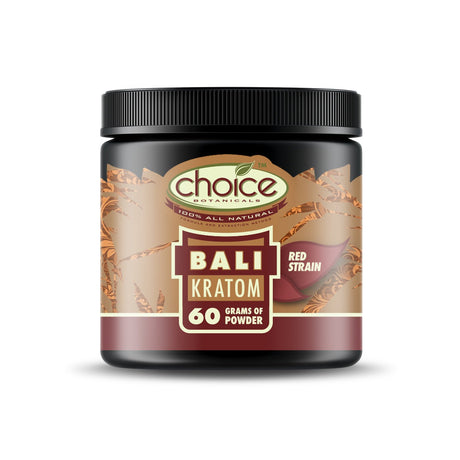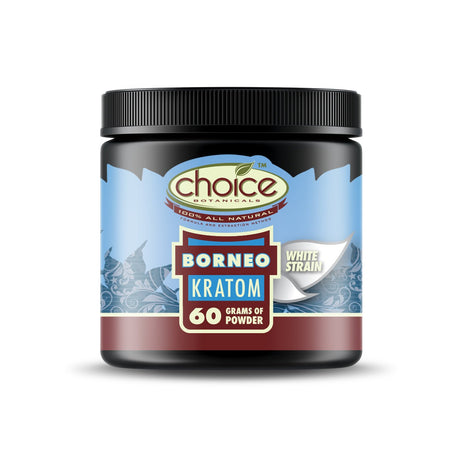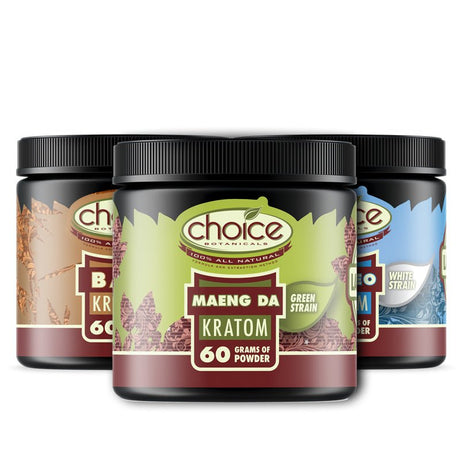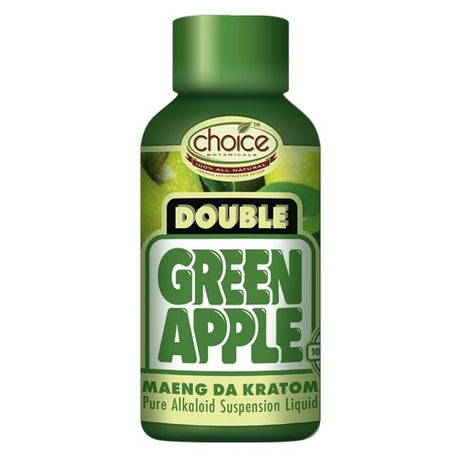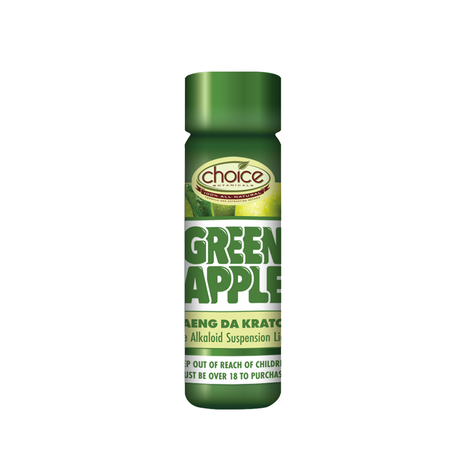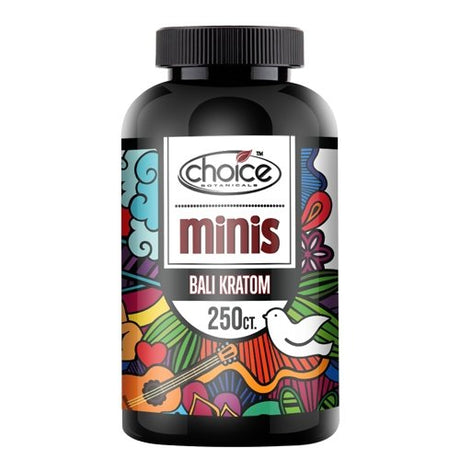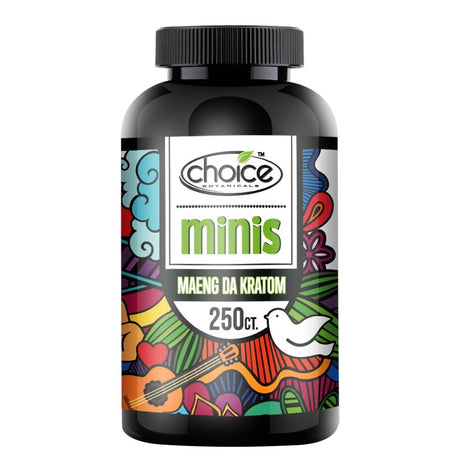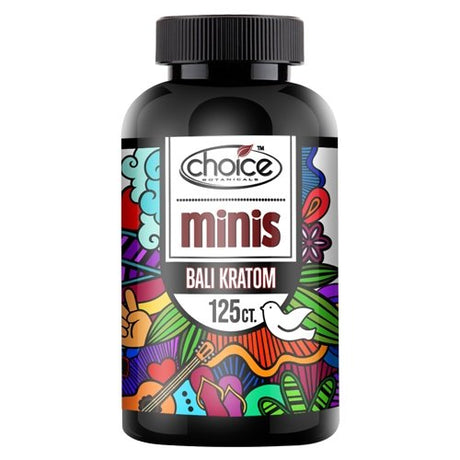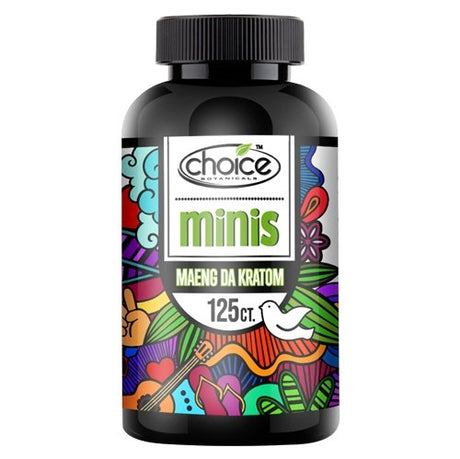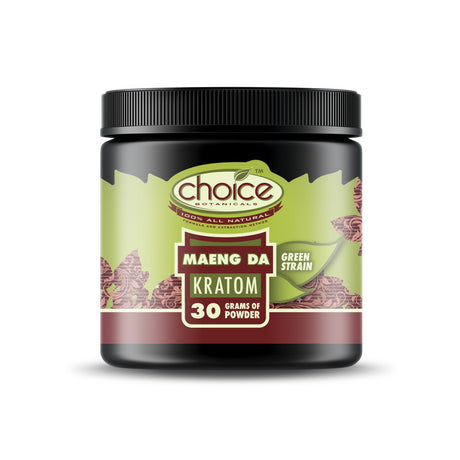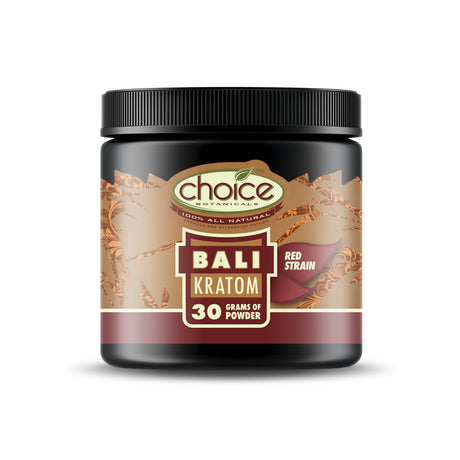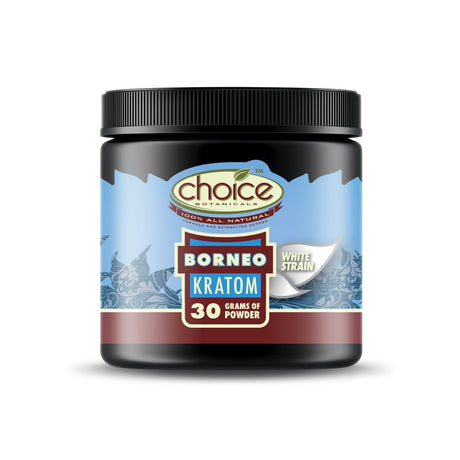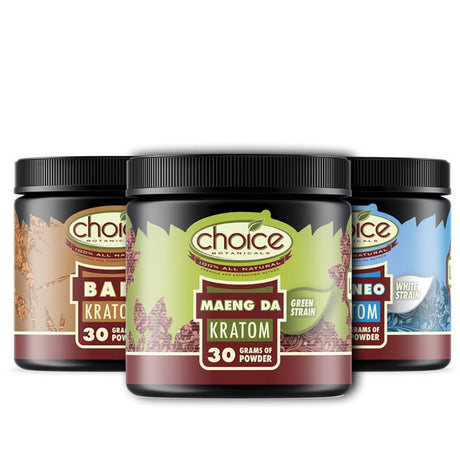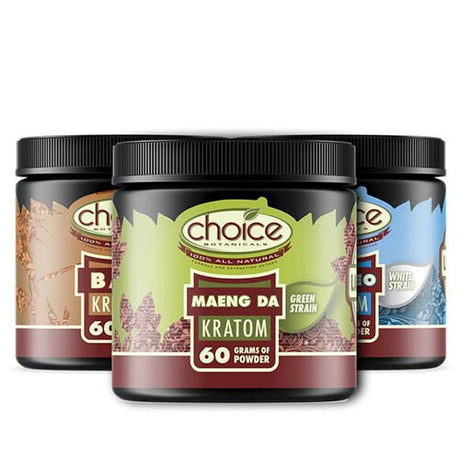Product Offers
Share your best offersChoice Botanicals 1000 Count Jumbo Kratom Capsules
100 Count Jumbo Kratom Capsules
Jumbo Kratom Capsules - 60 Count
Choice Botanicals 500 Gram Kratom Powder
Choice Botanicals 100 Gram Kratom Powder
Choice Botanicals 30 Count Jumbo Kratom Capsules
Choice Botanical 250 Gram Kratom Powder
Choice Botanicals 500 Count Jumbo Kratom Capsules
Choice Botanicals 12ML Kratom Liquid Extract
1,000 Standard Kratom Capsules - 500MG
500 Count Standard Kratom Capsules
Choice Botanicals 30ml Double Green Apple Kratom Extracts
Choice Botanicals Green Apple Liquid Kratom Extract - 15ML
Choice Minis Kratom Capsules 250ct
Choice Minis 125ct Kratom Capsules
Choice Botanicals 30 Gram Kratom Powder
60 Gram Kratom Powder Pick 3 Bundle
Is Kratom Legal in Oklahoma? Full Facts

Hadiqa Abdullah |
Explore the legality of Kratom in Oklahoma with our comprehensive guide, covering laws, impacts, and FAQs.
Is Kratom Legal in Oklahoma? An Overview
Kratom is legal in Oklahoma. The state has not enacted any legislation that bans or restricts the use, sale, possession, or distribution of Kratom and its derivatives. This legal status means that residents of Oklahoma can purchase and use Kratom without facing the legal repercussions that might occur in other states where Kratom is banned or heavily regulated.

The legality of Kratom in Oklahoma is consistent with the federal stance on the substance. While the DEA has previously shown interest in classifying Kratom as a Schedule I substance, which would categorize it alongside drugs like heroin and LSD with no accepted medical use and a high potential for abuse, no such classification has occurred at the national level.
The FDA has also expressed concerns about Kratom’s safety and potential for abuse, but as of now, it remains a legal but unregulated substance federally, similar to its status in Oklahoma.
Current Legal Status of Kratom in Oklahoma: Detailed Insights
In Oklahoma, the legality of Kratom is affirmed by the absence of state legislation against it, and this situation remains largely influenced by the Kratom Consumer Protection Act, which was proposed in several states, including Oklahoma.
Although not yet enacted in Oklahoma as of this writing, the act aims to regulate the production, sale, and distribution of Kratom to ensure safety standards that protect consumers without imposing a ban. This legislative approach focuses on preventing the sale of adulterated or mislabeled Kratom products, rather than outlawing Kratom altogether.

Legally, Kratom’s situation in Oklahoma is not directly affected by the 2018 Farm Bill, which legalized hemp and hemp-derived products. Some confusion might arise from this, as both Kratom and CBD (cannabidiol) are often stocked in similar retail environments. However, it's crucial to clarify that the 2018 Farm Bill does not cover Kratom, which is derived from a different plant (Mitragyna speciosa), not the hemp plant (Cannabis sativa). Thus, while the bill has significantly shaped the legal landscape for CBD, it does not apply to Kratom.
Despite the current legality, Kratom’s future in Oklahoma could still evolve. National discussions about its safety, the ongoing FDA evaluations, and changing public perceptions might influence state legislation. Oklahoma residents who use Kratom or are involved in its sale should stay informed about potential changes to local and national regulations that could impact its legal status.
A Look at Oklahoma's Kratom Legislation History
Oklahoma's history with Kratom legislation has been relatively straightforward compared to other states where the legal status of the substance has seen more fluctuation and controversy.
Until now, there have been no successful legislative attempts to ban Kratom in the state, which has allowed for an open market where consumers have access to Kratom without significant restrictions.
Key Milestones in Oklahoma's Kratom Legislation:
- Early 2010s: As Kratom grew in popularity nationwide, Oklahoma began to see an increase in its availability in local shops and online stores. There was little to no legislative attention specifically targeting Kratom during this time.
- 2014: National awareness of Kratom increased due to media reports and FDA alerts, which began to influence local perceptions in Oklahoma, though no restrictive laws were passed.
- 2018: Discussions emerged among Oklahoma legislators regarding the potential need for regulations governing the sale and quality of Kratom, reflecting a national trend toward ensuring consumer safety.
- 2019: A bill was proposed to regulate Kratom through a version of the Kratom Consumer Protection Act. This proposal aimed to introduce requirements for clear labeling and purity standards, but it did not progress to become law.
This absence of restrictive laws has helped maintain a consistent legal status for Kratom in Oklahoma, fostering a market where users have access to the substance without the fear of legal repercussions.
Understanding Why Kratom is Legal in Oklahoma: Key Factors
Several factors contribute to the ongoing legality of Kratom in Oklahoma. These include both local legislative perspectives and broader national trends:
- Lack of Negative Reports: Oklahoma has not experienced significant reports of health issues or criminal activities related to Kratom, which often trigger legislative actions against such substances.
- Advocacy Efforts: Strong advocacy by groups such as the American Kratom Association (AKA) has played a crucial role in educating lawmakers and the public about the benefits of Kratom and the potential negative impacts of a ban.
- Public Opinion: The growing acceptance of natural and alternative therapies has contributed to a favorable view of Kratom among the public and some lawmakers.
- Economic Benefits: Recognizing the economic advantages from the sale of Kratom, including local business growth and tax revenues.
- Regulatory Precedents: The presence of regulations in other states that have successfully implemented the Kratom Consumer Protection Act without banning the substance provides a model for Oklahoma to consider.
- Harm Reduction: Kratom is viewed by some as a safer alternative to opioids, which are a significant public health problem in Oklahoma as in other parts of the country.
- Legislative Priorities: Oklahoma lawmakers have historically prioritized other public health issues, such as the opioid crisis, over the regulation of Kratom.
These factors collectively influence the legal status of Kratom in Oklahoma, supporting its availability under the premise that with proper education and potentially future regulation, risks associated with its use can be effectively managed.
How Kratom's Legal Status Impacts Oklahoma Residents
The legality of Kratom in Oklahoma has a multifaceted impact on residents of the state, particularly those who use Kratom for medicinal purposes. Being able to legally purchase Kratom means that individuals seeking alternative treatments for chronic pain, anxiety, and other conditions can access these products without the fear of legal repercussions.
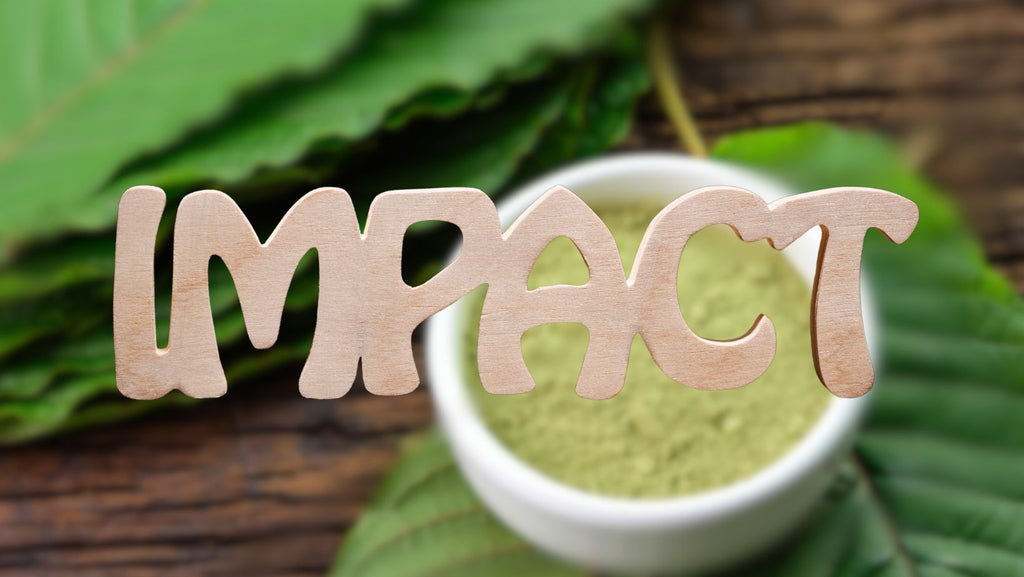
Positive Impacts:
- Accessibility: Residents have unhindered access to a variety of Kratom products in stores and online, which ensures that consumers can choose from a range of options to suit their health needs.
- Quality Control: While the state hasn’t enacted the Kratom Consumer Protection Act, the legality of Kratom encourages vendors to self-regulate to maintain consumer trust. This can lead to better quality control and safer products.
- Healthcare Alternatives: Kratom is often used as an alternative or supplement to traditional pain management strategies, particularly where conventional medicine may fall short or lead to dependency issues, such as with opioids.
Negative Impacts:
- Lack of Regulation: Without formal legal standards and protections such as those proposed in the Kratom Consumer Protection Act, there remains a risk of impure or mislabeled products entering the market, which can pose health risks.
- Public Perception: Legal substances, especially those like Kratom, which can be used recreationally, sometimes face stigma. This can affect users’ willingness to disclose use to healthcare providers, potentially impacting their overall care.
Kratom Laws: Oklahoma Compared to Other States
The legal status of Kratom varies significantly across the United States, with some states embracing regulations that protect consumers, while others have imposed bans due to concerns over safety and potential abuse.
Comparison with Neighboring States:
- Arkansas: Kratom is classified as a controlled substance, making it illegal to buy, sell, or possess.
- Colorado: Legal, but Denver has restrictions that ban the sale of Kratom for human consumption.
- Kansas: Legal with no restrictions, reflecting a stance similar to Oklahoma’s.
Comparison with States Having Strong Regulations or Bans:
- Alabama: Kratom is illegal, classified similarly to other controlled substances.
- Indiana: Also has a ban on Kratom, listing it as a controlled substance.
- Wisconsin: Bans Kratom by classifying its active alkaloids as Schedule I substances.
States with Protective Regulations Similar to the Proposed Oklahoma Act:
- Utah: Has enacted the Kratom Consumer Protection Act, regulating the labeling and purity of Kratom.
- Georgia: Also regulates Kratom under its version of the Kratom Consumer Protection Act, ensuring consumer safety.
Comparison Table: Oklahoma vs Other States
|
State |
Legal Status of Kratom |
Specifics |
|
Oklahoma |
Legal |
No specific regulatory framework |
|
Arkansas |
Illegal |
Classified as a controlled substance |
|
Colorado |
Legal |
Restrictions in Denver |
|
Kansas |
Legal |
No restrictions |
|
Alabama |
Illegal |
Classified as a controlled substance |
|
Indiana |
Illegal |
Classified as a controlled substance |
|
Wisconsin |
Illegal |
Active alkaloids listed as Schedule I |
|
Utah |
Legal with regulation |
Kratom Consumer Protection Act |
|
Georgia |
Legal with regulation |
Kratom Consumer Protection Act |
Shipping Kratom to & From Oklahoma
In Oklahoma, where Kratom is legal without specific state-level regulations, residents and businesses enjoy the relatively straightforward ability to buy Kratom online and have it shipped directly to their location.
This accessibility allows consumers to explore a wide range of Kratom products, including Kratom powders, Kratom capsules, and other forms of the substance, from various vendors both within and outside the state. The lack of restrictive state laws facilitates a thriving market where consumers can compare different strains and formulations to find the products that best meet their needs.
However, while it's legal to ship Kratom to and from Oklahoma, it is crucial for both buyers and sellers to remain informed about the legal status of Kratom in the destination state or country. This is important because the legal landscape for Kratom varies significantly across different regions.

For instance, while a resident of Oklahoma can legally purchase Kratom capsules or powders online, shipping these products to a state where Kratom is banned, such as Arkansas or Indiana, could result in legal complications for both the sender and the receiver.
As a result, vendors typically implement strict policies to ensure compliance with federal and state regulations, often using sophisticated systems to block shipments to areas where Kratom is illegal. For consumers in Oklahoma, this means they can freely purchase Kratom products online, but they must be cautious and well-informed if they plan to send Kratom to friends or family members in other states where the legal status of Kratom differs.
Future Prospects: Advocacy and Potential Legal Changes for Kratom in Oklahoma
The future of Kratom in Oklahoma could be influenced by a variety of factors, ranging from local advocacy efforts to shifts in national policy. Currently, Kratom enjoys a status of legality that permits its use and distribution without stringent state-level restrictions. However, this situation presents both an opportunity and a challenge for advocates who are pushing for more formalized protections for consumers such as those outlined in the Kratom Consumer Protection Act, which has been adopted in several other states.
Advocacy groups like the American Kratom Association (AKA) play a pivotal role in educating both the public and legislators about the benefits of Kratom while promoting safety standards that could prevent potential health risks associated with its use. These efforts are crucial in maintaining Kratom’s legal status and could lead to the implementation of beneficial regulations that ensure purity and safety without compromising access.
Potential legal changes in Oklahoma could include:
Enacting the Kratom Consumer Protection Act: This would require proper labeling, prohibit the sale of adulterated or synthetic Kratom, and set a minimum age for purchase, thereby standardizing Kratom products and enhancing consumer safety.
Monitoring and Research: Increased research into the effects and potential health benefits of Kratom could provide the data needed to support legislative decisions, potentially leading to broader acceptance and regulated use.
Public Health Initiatives: As understanding of Kratom grows, state health departments might develop programs to educate the public on safe usage practices, similar to other health initiatives.
As these advocacy efforts continue and more data becomes available, Oklahoma’s approach to Kratom might evolve to incorporate these new insights and public sentiments. Keeping an eye on these developments will be essential for stakeholders in the Kratom community, from consumers and health professionals to legislators and advocates.
Concluding Thoughts: The Significance of Kratom's Legality in Oklahoma
The legality of Kratom in Oklahoma holds significant implications not just for the consumers who use it but also for the broader discussions on drug policy and natural supplements in the United States. Oklahoma's approach allows residents to access and utilize Kratom for its various reported benefits, including pain management, mood enhancement, and as a potential aid in opioid withdrawal. This open legal status, however, also underscores the need for informed consumer practices and awareness due to the absence of stringent state-level regulatory oversight.
By maintaining a legal status for Kratom without major restrictions, Oklahoma provides a model of accessibility that could influence future legislative actions both within and beyond its borders. However, this status also serves as a reminder of the delicate balance states must navigate between ensuring public safety and upholding personal freedoms in the context of natural supplements.
As the national conversation around Kratom continues to evolve, the experience of Oklahoma may offer valuable insights into the possible paths forward for regulating such substances effectively while respecting consumer choice.
Frequently Asked Questions (FAQs) About Kratom in Oklahoma
Can I legally grow Kratom trees in Oklahoma?
Yes, there are no legal restrictions against growing Kratom trees in Oklahoma for personal use.
Are there any local ordinances in Oklahoma cities that restrict Kratom use?
Currently, there are no city-specific ordinances that regulate or restrict the use of Kratom differently than state laws in Oklahoma.
Do I need a prescription to purchase Kratom in Oklahoma?
No, you do not need a prescription to buy Kratom in Oklahoma as it is not regulated as a pharmaceutical substance.
Can Kratom be sold to minors in Oklahoma?
While there is no state law specifically prohibiting the sale of Kratom to minors, many vendors voluntarily require customers to be 18 or older.
Is it legal to drive after consuming Kratom in Oklahoma?
Yes, it is legal to drive after using Kratom in Oklahoma, but it is advised to understand how Kratom affects your body as it may impair driving ability for some individuals.
Are there any specific labeling requirements for selling Kratom in Oklahoma?
As of now, Oklahoma does not have specific labeling requirements for Kratom products, unlike states that have passed the Kratom Consumer Protection Act.
Can Kratom be included in drug testing in Oklahoma workplaces?
Employers in Oklahoma have the discretion to include Kratom in drug testing if they choose, especially in industries that require strict adherence to safety.
What should I do if I receive a tainted or mislabeled Kratom product in Oklahoma?
It is recommended to report any suspicious or harmful Kratom products to local health authorities or the American Kratom Association, which tracks product safety.
Are there any public advocacy groups for Kratom in Oklahoma?
Yes, several national organizations such as the American Kratom Association operate in Oklahoma and can be contacted for advocacy and information.
How can I stay informed about changes to Kratom laws in Oklahoma?
To stay updated on Kratom laws, follow local news, join Kratom advocacy groups, and monitor state legislative updates online.

